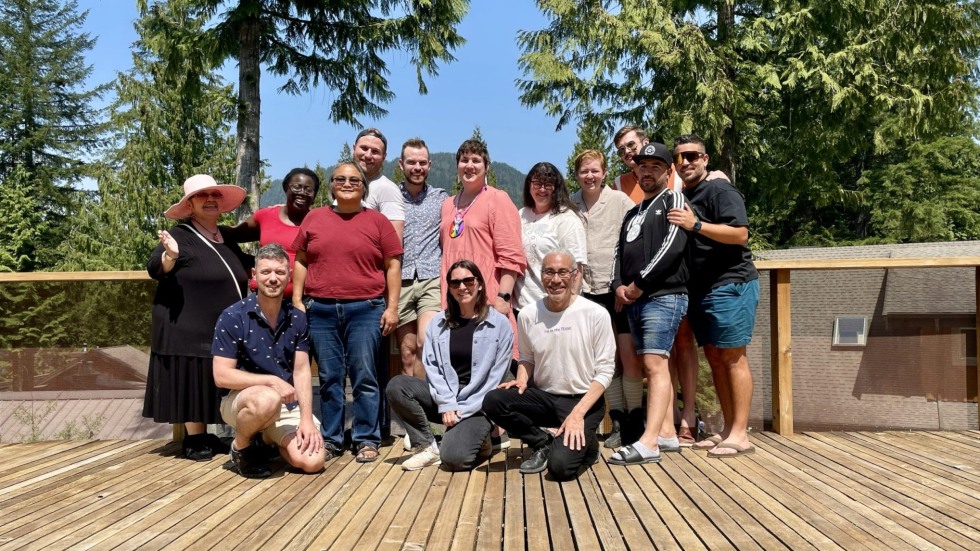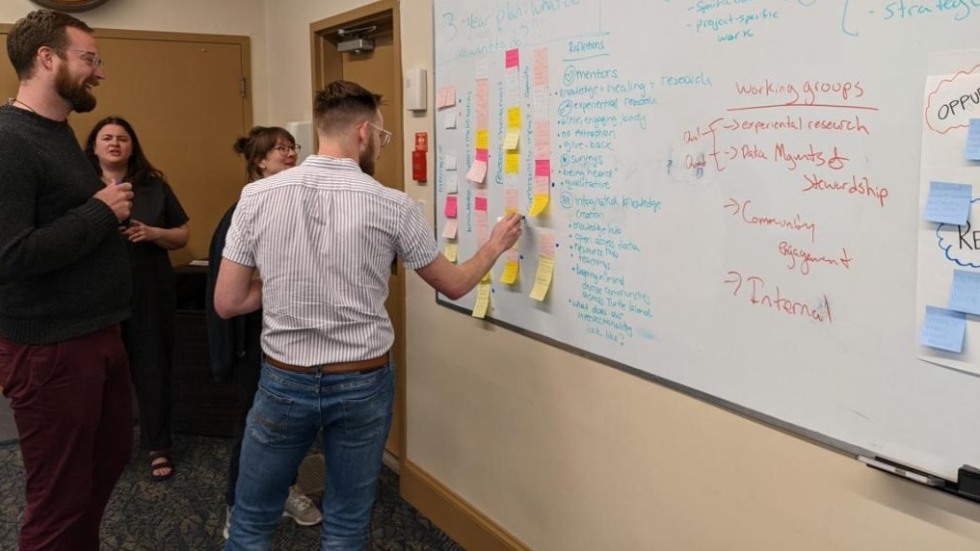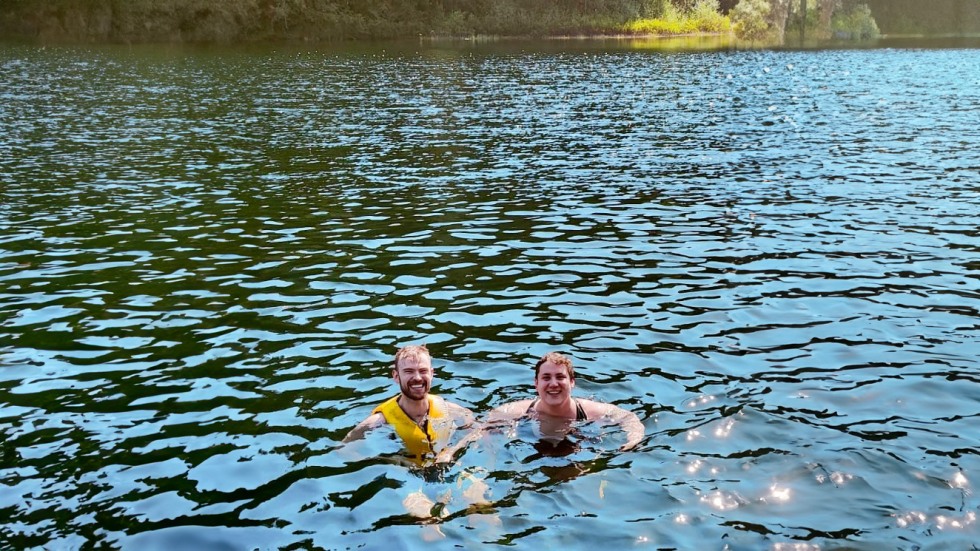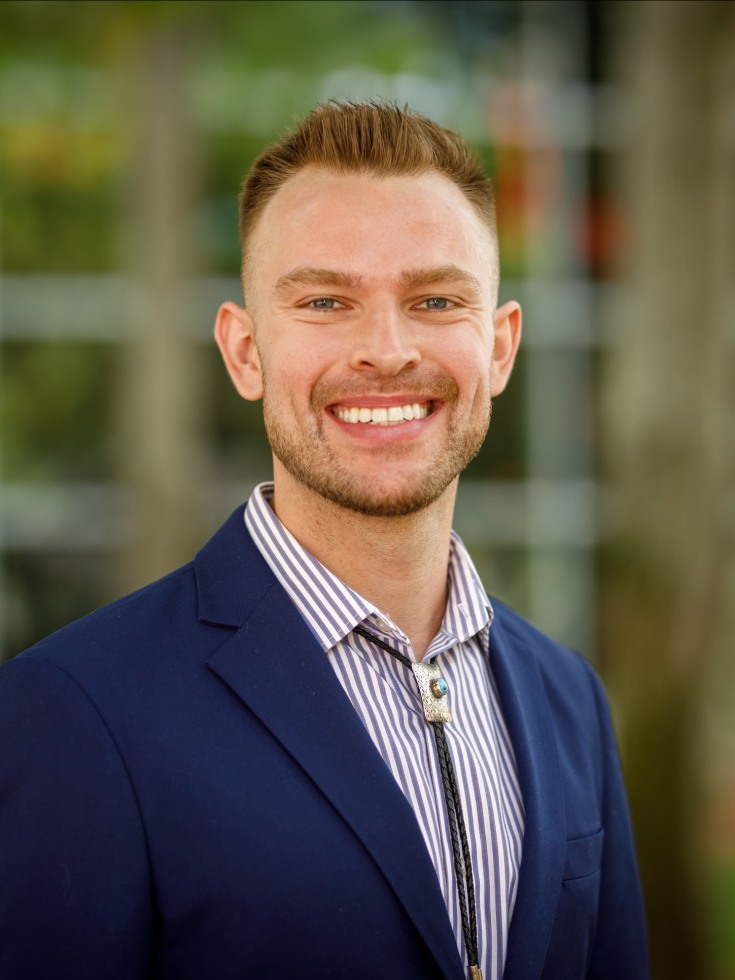Meet Chase Bryer, a doctoral student in behavioral and social sciences at the Brown University School of Public Health. This summer, Chase’s passion for promoting inclusivity and addressing health disparities has led him to the city of Vancouver, B.C., where he is working at the innovative Two-Spirit Dry Lab (2SDL).
The Two-Spirit Lab is dedicated to reshaping the conversation surrounding the health of Indigenous LGBTQ+ and Two-Spirit individuals, with a focus on cultural responsiveness in sex and gender research.
“The term ‘Two-Spirit’ was introduced in the early 1990s as a way to acknowledge and reclaim the range of sexual and gender expressions that existed within Indigenous communities prior to colonization,” Chase explained. “One aim of the 2SDL is to challenge the imposition of Western notions of sexuality and gender on Indigenous peoples, which limited them to male-female categorizations and discarded their pre-existing traditions. Many tribes had different names and concepts to describe various gender expressions within their communities.”
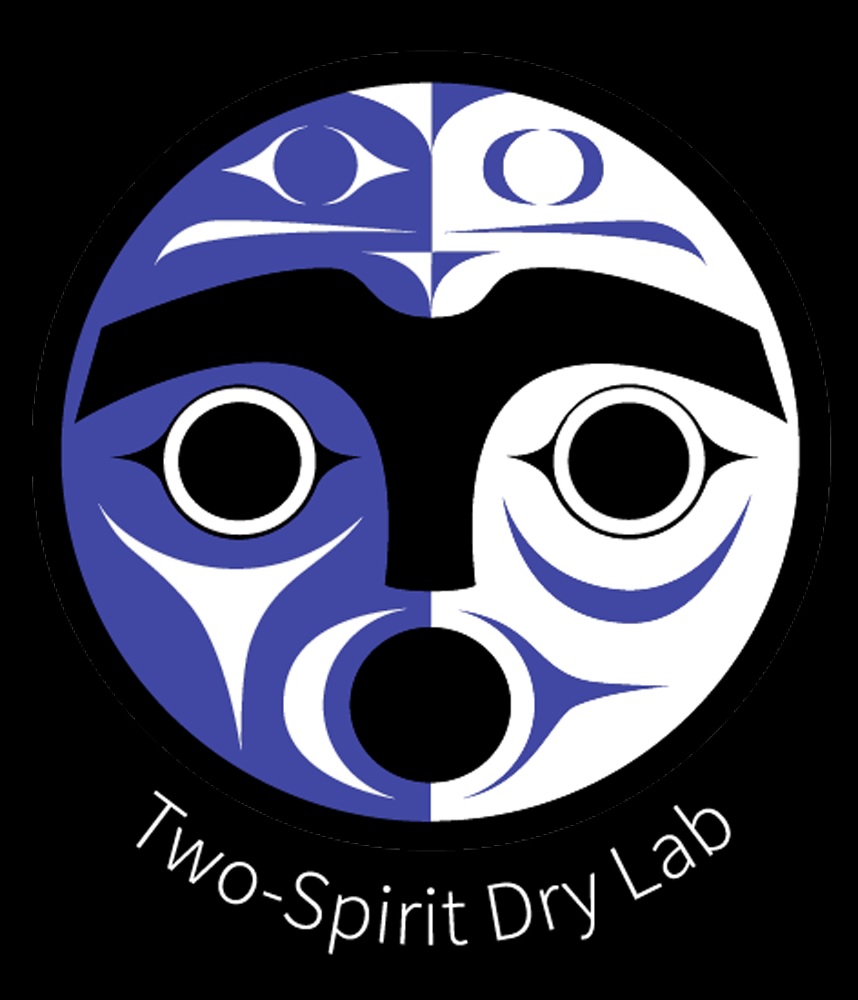 Chase’s work at 2SDL revolves around acknowledging this history and collaborating with organizations such as the BC Centre for Disease Control (BCCDC) to identify service gaps, and develop best practices and policies.
Chase’s work at 2SDL revolves around acknowledging this history and collaborating with organizations such as the BC Centre for Disease Control (BCCDC) to identify service gaps, and develop best practices and policies.
As a member of the Chickasaw Nation in Oklahoma and the LGBTQ+ community, Chase has firsthand experience of the challenges faced by marginalized groups and the complex intersectionality of identities. His dedication to this area of public health stems from his own personal journey, as well as his background in social work.
“Reconciling my own sexuality and understanding the historical acceptance of queer and LGBTQ+ individuals in Indigenous communities prior to colonization became a significant driving force for me,” he said.
Through his doctoral research in behavioral and social sciences, Chase focuses on the convergence of HIV, aging and Indigeneity. Informed by his previous experiences in social work, where he served older adults living with HIV in residential care facilities, he is committed to highlighting the resilience of Indigenous, Two-Spirit and LGBTQ+ elders living with HIV.
“Too often, people have focused on the trauma endured by Indigenous peoples and often overlooked the role of survival and resistance,” he said. “Here in Vancouver, I am preparing for this line of research by collaborating with the Two-Spirit Dry Lab, a lab group that is shaping the field in terms of community centered, Two-Spirit public health work across the U.S. and Canada.”
